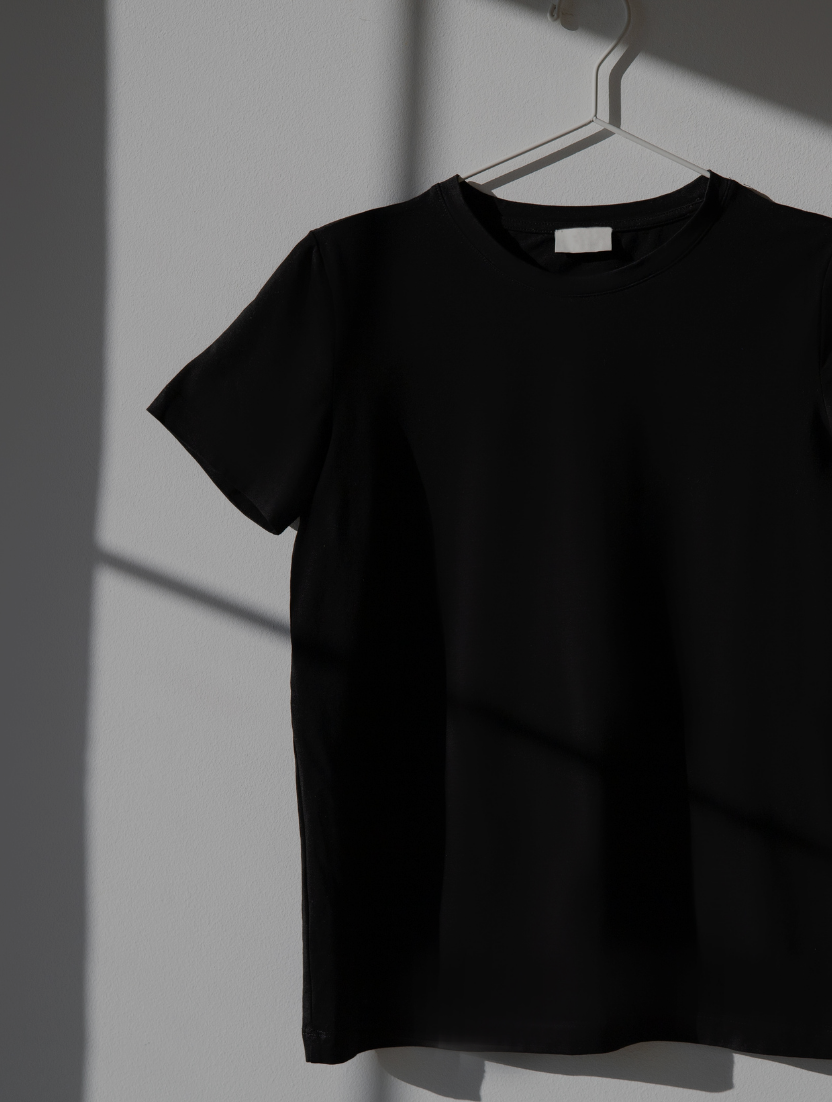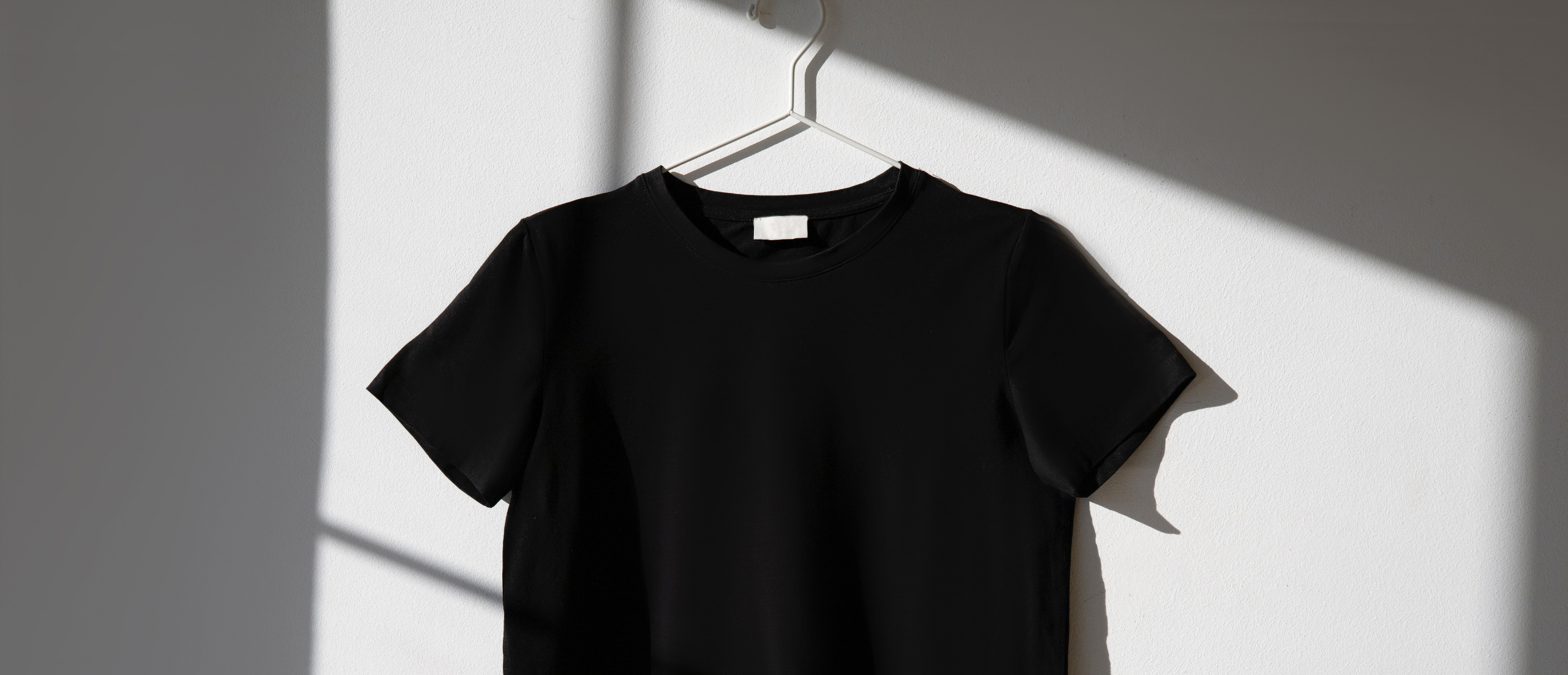
Slow Fashion: Mindful Consumption for Future Generations
Have you ever taken a walk along the once-pristine beaches of Sri Lanka, only to be greeted by the heartbreaking sight of tangled coils of branded waste littering the shore? It’s a sight that stays with you, marking the beginning of a journey that led me to Debrand 15 years ago. Since then, I’ve had the privilege of working closely with some of the world’s largest fashion brands, helping them adopt and implement more sustainable strategies for responsibly eliminating textile waste. In this post, I want to share with you the inspiring movement toward slow fashion and how we can all be part of this positive change.
Fast fashion has played a significant role in the global environmental crisis. Every week, millions of garments flood into the Global South from North America, Europe, and beyond, only to end up discarded in landfills. This waste is just the tip of the iceberg, and it’s clear that the fashion industry needs a sustainable overhaul.
To put it into perspective, a McKinsey study revealed that for every five new garments produced each year, three are thrown away. An alarming 90% of our clothing is discarded before it needs to be, according to AEG. Fast fashion’s low prices and the latest trends come at a high environmental cost.
One of the main problems is the quality of clothing from fast fashion brands. These items are often not designed to last, leading to more waste and pollution. In fact, the average American now throws away 81 pounds of clothing each year, as reported by the US Environmental Protection Agency. The processes used to produce these garments have a profound impact on the environment. Moreover, fast fashion often includes unethical labor practices with low wages, unsafe working conditions, and a lack of worker’s rights. These challenges are compounded by the fact that fast fashion is often produced in developing countries with weak environmental regulations.
Mindful Consumption, Production, and Reverse Logistics:
Slow fashion is the answer to these pressing problems. It calls for mindful consumption, sustainable production, and a focus on circular business practices. Instead of the linear take-make-waste model, slow fashion aims to create opportunities for reusing, recycling, and reducing our dependence on finite resources. This requires a shift in mindset and priorities, both from the industry and consumers.
Moving towards a circular fashion economy means establishing efficient and sustainable reverse logistics processes for returned products and textiles. The challenge is complex due to the diverse materials used in clothing, including natural and man-made fibers, plastics, and metals. Automation and digitization are essential to make this process cost-effective and scalable. This kind of approach can significantly reduce the fashion industry’s negative impact on our planet.
Another crucial aspect of slow fashion is finding a balance between durability and recyclability. Durable clothing extends a product’s lifespan, while recyclable products are often less durable. Achieving both requires innovation and a change in perspective among brands, manufacturers, designers, governments, recyclers, third-party partners, and consumers. Education is key in altering our purchasing behaviors and perception of fashion as disposable. By making conscious decisions to repair and extend the life of our clothing, we can all contribute to a more sustainable future.
We have the power to create a brighter future for all by making intentional choices about our fashion. We can transition to a circular fashion system that prioritizes recycling and commerce over waste, ensuring that textile waste doesn’t end up in landfills around the world.
Ultimately, the shift towards slow fashion benefits not only the planet but also the people who live on it. It’s time to embrace a new mindset that emphasizes sustainability, ethical practices, and circularity. By doing so, we can protect our planet and its inhabitants for future generations.
This article first appeared on Fibre2Fashion.

